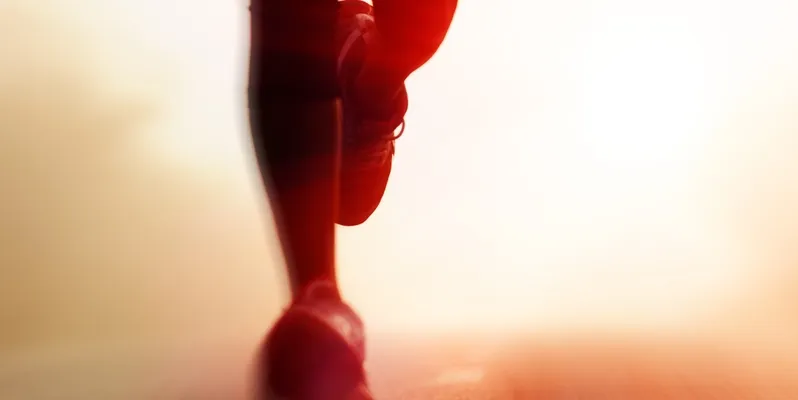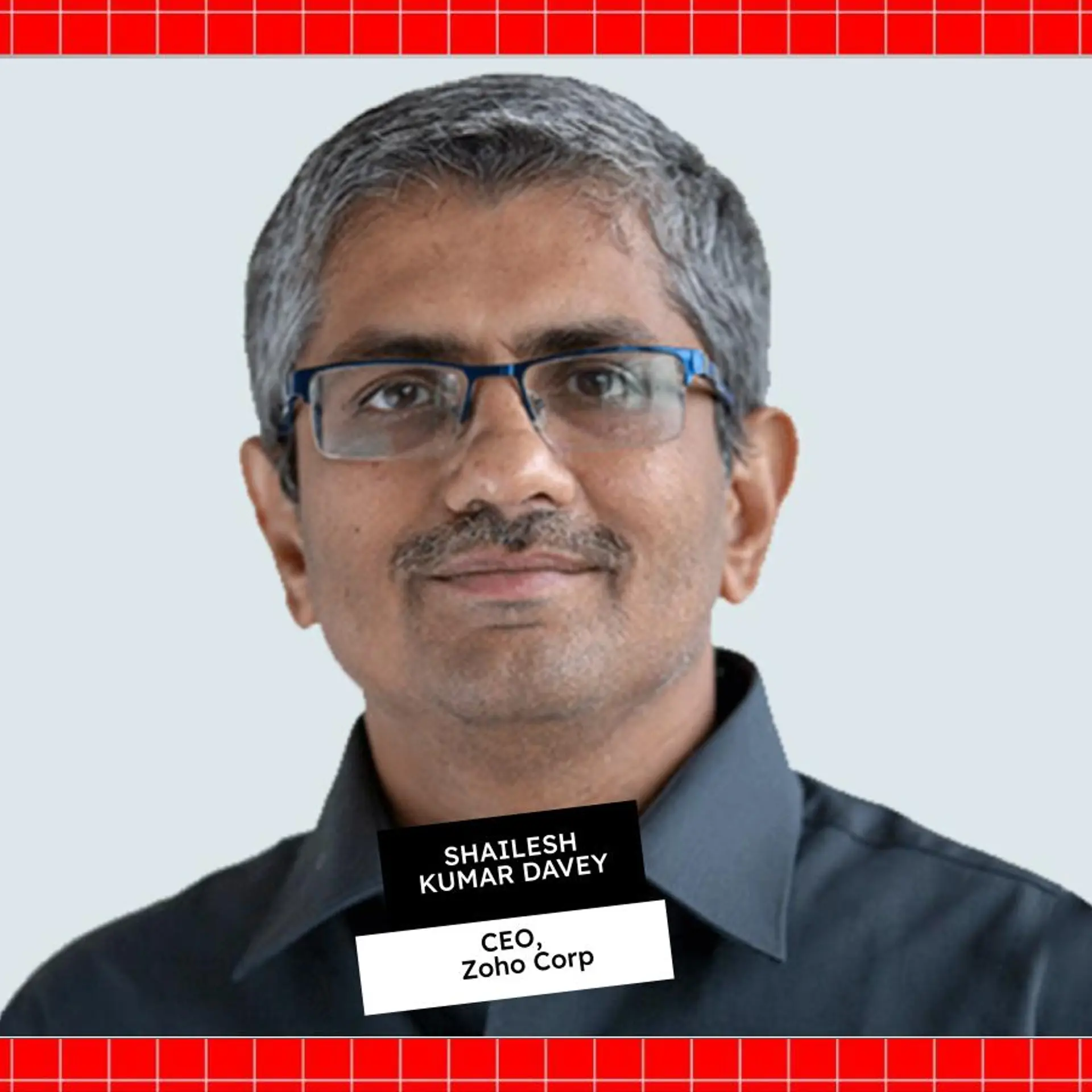Indian women in sports- winning against all odds
Disclaimer: The views and opinions expressed in this article are those of the author and do not necessarily reflect the views of HerStory.
“Humaari bitiya basketball nahi khelegi” (our little girl won’t play basketball), Basant Singh Yadav said categorically, when he heard of his second daughter’s curious new affliction. “Kyun nahi, use pasand hai” (why not, she loves it!) retorted Anita Devi, the better half. As it often happens inside an Indian household, the wife prevailed over the husband, and the daughter in question, Preeti Kumari, smiled in delight.
***

It has been over four decades since the famous, albeit controversial, battle of sexes tennis match between Billie Jean King and Bobby Riggs, that showed women command equal space in the sporting world just like their male counterparts.
In India especially, our women sportspersons have outshone men in international events and in doing so, shattered assumptions that female superiority is restricted only to board exam results.
Recent developments, since the turn of the decade, point to a growing assertiveness of Indian women in sports. We have often confused the names Saina and Sania, but for once, such confusion does not really matter, for they are both number one in their respective sports. Sania Mirza is the doubles world no. 1 in tennis, while Saina, badminton no. 1 in singles.
From the business standpoint, recent reports suggest how finally women sportspersons are commanding revenue as brand ambassadors that is comparable to earnings made by cricketers. Today Sania, Saina, Deepika Pallikal (squash) and the evergreen Mary Kom (boxing) are leading the way in showing that sports can be a lucrative and viable career option for women. This would have been unheard of fifteen years ago.
There is a scene in the movie Chak De India, where the female goalee is asked to return home for ‘family commitments’, while another is told that her hockey career is just a ‘job’, while that of her boyfriend’s, a cricketer, is a ‘passion.’
The challenges faced by a woman in her professional career are manifold as compared to men, in a male dominated society such as ours. These differences are heightened in sports. “When we started playing at a very young age, people used to ask my mother, “Why are you sending your girls out?” recounts Divya Singh, ex-Indian basketball women’s captain from Uttar Pradesh.
***
Preeti began playing basketball in sixth standard after she saw her friend going to the Udai Pratap College courts in Varanasi. A large family of five children belonging to Gahmar Village in eastern UP, Preeti has an elder sister besides two younger brothers and sister. During the agricultural season, her father is busy overseeing farming in the historic Gangetic plains, while in the remaining months he jointly runs a photography shop with his brother in neighbouring Bihar.
Being the first in her family to take up sports, it seemed unlikely that Preeti would succeed, especially in an alien western game like basketball. But within months of stepping on to the court, she distanced herself from the other youngsters and started getting invited to play with the ‘seniors’.
Preeti is the latest in the line of promising talent to have come out of Udai Pratap College, Varanasi. The

world’s ‘oldest living city’ is a well known basketball hotbed in India that has produced as many as eight international hoopsters in the last decade— one of whom is Divya Singh, whose three younger sisters have also played for India internationally.Easily transitioning into the Uttar Pradesh (UP) state team, Preeti began drawing considerable stares, when she scored a mammoth 51 points in an overtime win against perennial powerhouses Tamil Nadu at the junior national basketball championship in 2013.
Soon after, she was elevated to the senior Indian women’s team, where the barely 45 kg, then 17- year-old, went head on against African Giants Mozambique during the Lusofonia International Games in Goa. “I think my biggest strength is that I am never afraid. I just work hard knowing that people will support me in my ambitions.”
Having completed her 12th standard, the young star has joined Sri Venkateswara College in Delhi University for a three year undergraduate Arts course. She hopes to get employed on sports quota by the Central Railways, like a handful of other female athletes from smaller towns in search of livelihoods.
***
Sports is a particularly tricky trade compared to other fields. By the mid-thirties, most athletes retire, at an age when employees in other careers begin peaking. This race against time is especially problematic in the case of women sportspersons, for careers have to be cut short further by maternity leaves.
As Singh eloquently points out in her interview, restrictions on women playing sports can range from “don’t play with boys”, “how can you wear shorts”, “there is no future in this”, “you should learn how to manage the house,” or the classic “sports is not meant for girls,” “spoils their character” or “affects their chances of marriage”.
For far too long, women have been forced to underplay their success to keep the ego of men intact. In the case of World Championship medal winning long jumper Anju Bobby George, and multiple World Champ and Olympic medallist MC Mary Kom, their husbands nurtured and honed their talent, being the rock hard support they needed to prolong their international careers. Anju Bobby George’s husband was her coach, while Mary Kom’s partner married her partly to ensure that her promising career isn’t nipped in the bud due to societal pressures.
As the adage goes “Behind every successful man is a woman.” Maybe the time has finally come to reverse this saying.
(All image credit- Shutterstock)







